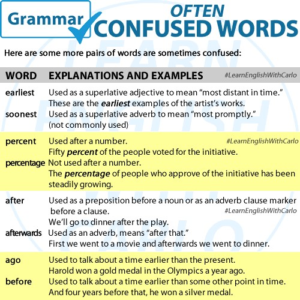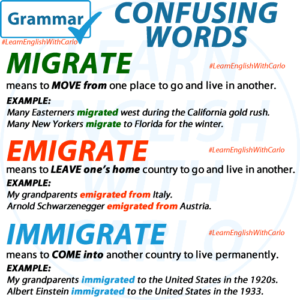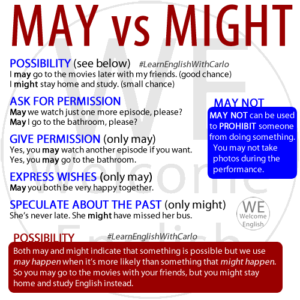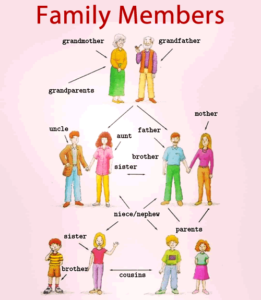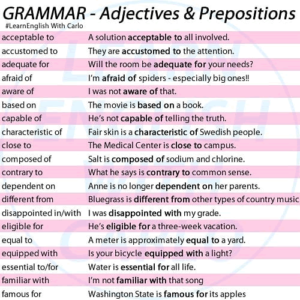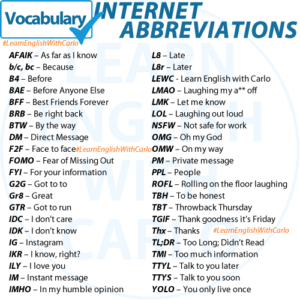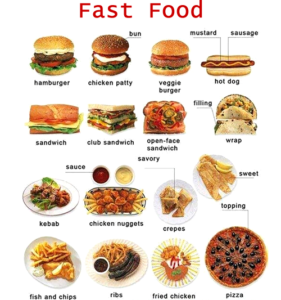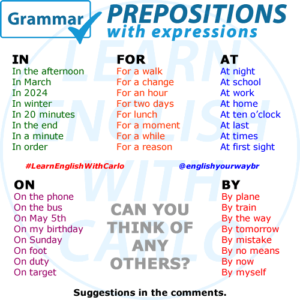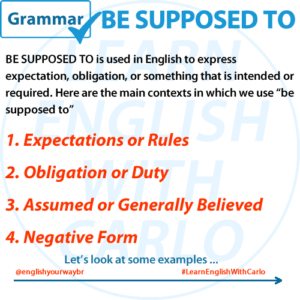Here are expanded explanation with examples for each pair: EARLIEST vs. SOONEST PERCENT vs. PERCENTAGE AFTER vs. AFTERWARDS AGO vs. BEFORE These explanations and examples highlight the subtle differences between these similar words and expressions in English.
Category: INSTAGRAM
Images I've posted to Instagram
Permanent link to this article: https://englishyourway.com.br/grammar-more-confusing-words/
Permanent link to this article: https://englishyourway.com.br/grammar-migrate-vs-emigrate-vs-immigrate/
Oct 02
May vs. Might: Understanding the Difference
In English, both may and might are modal verbs used to indicate possibility. However, they aren’t interchangeable in all situations. Knowing when to use each one can improve the accuracy and clarity of your communication. May: A Stronger Possibility May is often used when something is more likely to happen. When we say something may …
Permanent link to this article: https://englishyourway.com.br/may-vs-might-difference/
Sep 25
PRONUNCIATION – the ED sound
PRONUNCIATION – the ED sound There are three different ways to pronounce the ‘ED’ ending of regular verbs in the simple past tense: / t/ , / d / or / id /. The pronunciation depends on the sound at the end of the infinitive of the main verb and whether it is voiced or …
Permanent link to this article: https://englishyourway.com.br/pronunciation-ed-sound/
Sep 25
VOCABULARY – Family Members
Permanent link to this article: https://englishyourway.com.br/vocabulary-family-members/
Permanent link to this article: https://englishyourway.com.br/adjectives-with-prepositions/
Sep 24
VOCABULARY – Internet Abbreviations (with definitions)
Common Internet Abbreviations in Everyday Use With the rise of online communication, abbreviations have become a fast and convenient way to convey messages. Here are some common internet abbreviations you might come across: How Abbreviations Change the Way We Communicate Internet abbreviations not only save time but also add a casual tone to conversations. They …
Permanent link to this article: https://englishyourway.com.br/vocabulary-internet-abbreviations-with-definitions/
Sep 24
VOCABULARY – Fast Food
Popular Fast Food Dishes In addition to burgers and fries, fast food offers a variety of dishes depending on where you are in the world. Some popular fast food items include: Fast Food Vocabulary in Context Here are some common phrases you might hear when ordering fast food: Healthier Fast Food Options Fast food doesn’t …
Permanent link to this article: https://englishyourway.com.br/vocabulary-fast-food/
Sep 06
GRAMMAR – PREPOSITIONAL PHRASES
Here are some common prepositional phrases, also known as Collocations with prepositions. Prepositional Phrases for Time: Prepositional Phrases for Location or Movement: Prepositional Phrases for Cause or Reason: Prepositional Phrases for State or Condition: Prepositional Phrases for Manner or Degree: PREPOSITIONS with expressions INIn the afternoonIn MarchIn 2024In winterIn 20 minutesIn the endIn a minuteIn …
Permanent link to this article: https://englishyourway.com.br/grammar-prepositional-phrases-2/
Sep 06
Understanding “Be Supposed To” in English
English learners often encounter the phrase “be supposed to” in everyday conversations. It’s a common expression used to talk about expectations, obligations, rules, and assumptions. In this post, we’ll explore what “be supposed to” means, how it’s used, and the grammatical rules that guide its usage. 1. What Does “Be Supposed To” Mean? “Be supposed …
Permanent link to this article: https://englishyourway.com.br/be-supposed-to-usage-in-english/

